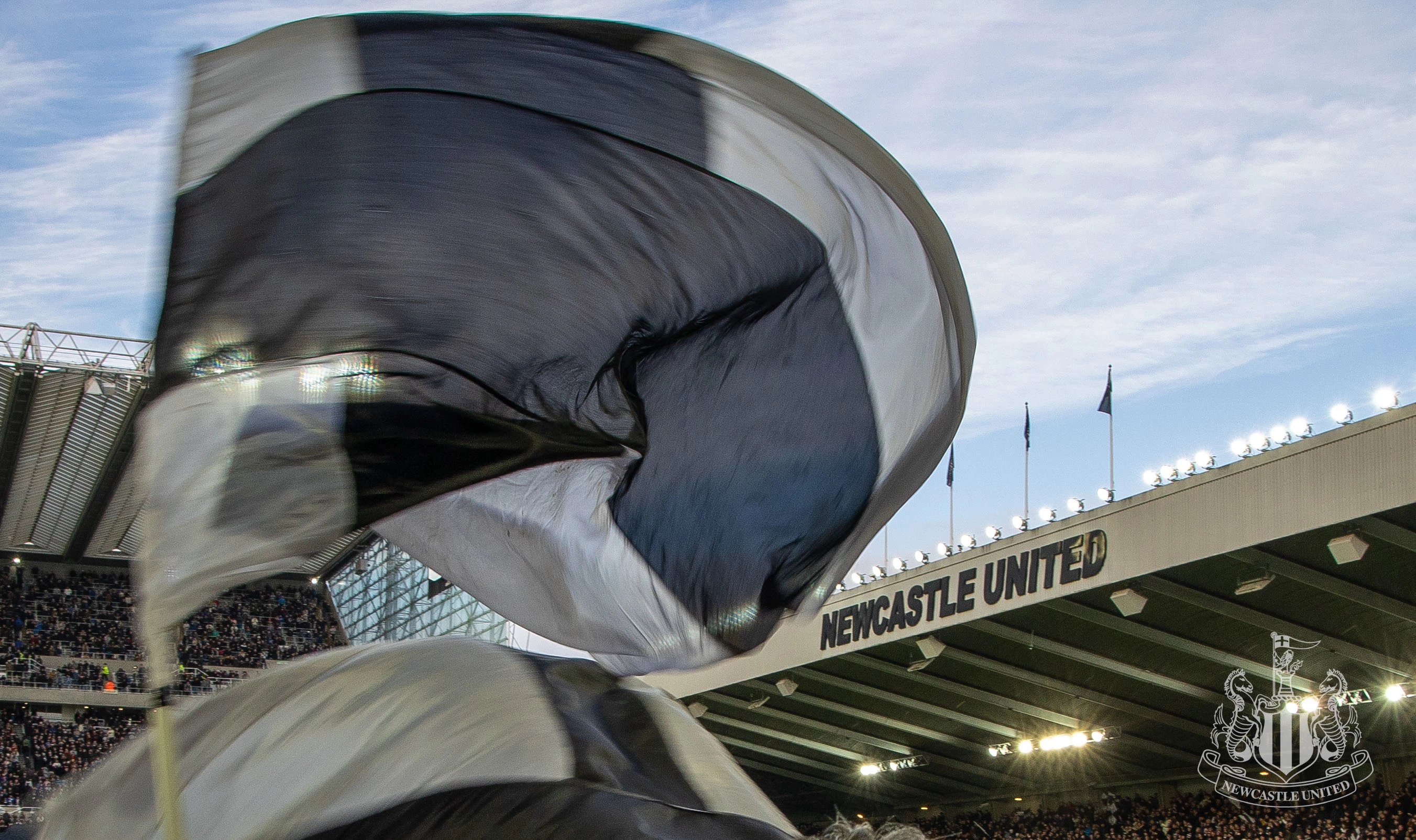Analyzing Hertha's Struggles: Boateng And Kruse Offer Contrasting Views

Table of Contents
Kevin-Prince Boateng's Perspective on Hertha BSC's Struggles
Boateng, with his extensive experience in the Bundesliga and beyond, often frames Hertha BSC's struggles within a broader context of team dynamics and leadership.
Leadership and Team Spirit
Boateng frequently emphasizes the importance of strong leadership and unity within the team. His observations often point towards a lack of cohesion and clear direction within the squad, hindering effective performance on the pitch.
- He may criticize a lack of vocal leadership on the field, impacting decision-making during crucial moments.
- He might highlight the need for experienced players to mentor and guide younger, less experienced talents, fostering a supportive team environment.
- His comments frequently focus on the importance of a positive team atmosphere, where players feel valued and supported, contributing to improved morale and overall performance. A fractured dressing room, he might argue, directly impacts results.
Tactical Flaws and Managerial Decisions
Boateng's insights extend beyond team spirit to include the tactical aspects of the game and the impact of managerial decisions. His analysis often delves into the effectiveness, or lack thereof, of specific tactical approaches.
- He might critique specific formations employed by the manager, questioning whether they suit the players' strengths or the opposition's weaknesses.
- He might discuss the importance of player adaptation to different systems, suggesting that insufficient training or communication may be contributing to poor on-field execution.
- His analysis could focus on the impact of player substitutions and team selection, highlighting instances where decisions negatively affected the team's momentum and overall performance. This could include discussing the timing of substitutions or questioning selection choices based on form and fitness.
Max Kruse's Perspective on Hertha BSC's Problems
Max Kruse, another notable figure in Hertha BSC's history, tends to focus on individual aspects of the team's struggles, emphasizing personal accountability and the need for improved performance at the individual level.
Individual Player Performance and Accountability
Kruse's perspective often centers on individual player accountability and the need for improved performance on the pitch. He may directly address the lack of consistent high-level performance across the squad.
- He might identify specific players who haven't met expectations, openly criticizing their contributions and lack of commitment.
- His critique might center on a lack of individual drive and ambition within the squad, suggesting a lack of personal responsibility for collective results.
- He could emphasize the importance of consistent high-level performance across the team, stating that individual excellence is necessary for collective success.
Transfer Policy and Squad Composition
Kruse's insights frequently extend to the club's strategic decisions, particularly regarding transfer policy and the overall squad composition. He may question the suitability of certain signings for the team's style of play.
- He may analyze whether the club has signed players suitable for their style of play, questioning whether recruitment has aligned with the team’s tactical needs.
- He could discuss the need for a more balanced and cohesive team dynamic, suggesting that the squad lacks a vital ingredient.
- His analysis might include insights into the strengths and weaknesses of individual players and their impact on the team’s overall performance, highlighting imbalances within the squad.
Comparing and Contrasting Boateng and Kruse's Analyses of Hertha's Downfall
Both Boateng and Kruse offer valuable insights into Hertha BSC's struggles, but their perspectives differ in focus. While they both address the poor results, their approaches to diagnosing the problem vary.
- A key overlapping concern is the overall team performance; both agree that something is fundamentally amiss.
- However, Boateng emphasizes systemic issues like team unity and leadership, while Kruse focuses more on individual accountability and squad imbalance.
- Ultimately, both viewpoints offer valid contributions to understanding Hertha BSC's current difficulties. A holistic approach that incorporates both elements is crucial for meaningful improvement.
Conclusion
Hertha BSC's struggles are multifaceted, as evidenced by the contrasting yet insightful perspectives of Kevin-Prince Boateng and Max Kruse. While Boateng emphasizes leadership and team spirit, Kruse focuses on individual accountability and the squad's composition. By considering both viewpoints, a clearer picture emerges of the systemic issues hindering Hertha BSC's progress. Understanding these challenges is crucial for the club's future success; addressing them through targeted improvements in leadership, team cohesion, individual performance, and transfer policy is essential for Hertha BSC to overcome their current difficulties and reclaim their position. To continue the conversation and explore further solutions to the ongoing Hertha BSC struggles, share your thoughts in the comments below.

Featured Posts
-
 Who Will Win The Championship Play Offs Newcastle Fans Weigh In
May 13, 2025
Who Will Win The Championship Play Offs Newcastle Fans Weigh In
May 13, 2025 -
 The Educational Value Of Campus Farm Animals A Life Cycle Perspective
May 13, 2025
The Educational Value Of Campus Farm Animals A Life Cycle Perspective
May 13, 2025 -
 How To Blow Your Mind Practical Guides For Extraordinary Experiences
May 13, 2025
How To Blow Your Mind Practical Guides For Extraordinary Experiences
May 13, 2025 -
 Byds 2030 Goal International Market Domination With Half Its Sales Abroad
May 13, 2025
Byds 2030 Goal International Market Domination With Half Its Sales Abroad
May 13, 2025 -
 I Skarlet Gioxanson Epivevaionei Telos I Epoxi Tis Black Widow
May 13, 2025
I Skarlet Gioxanson Epivevaionei Telos I Epoxi Tis Black Widow
May 13, 2025
